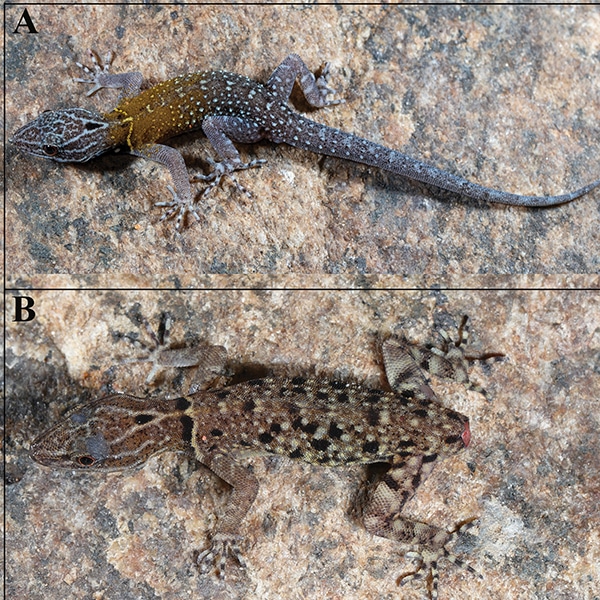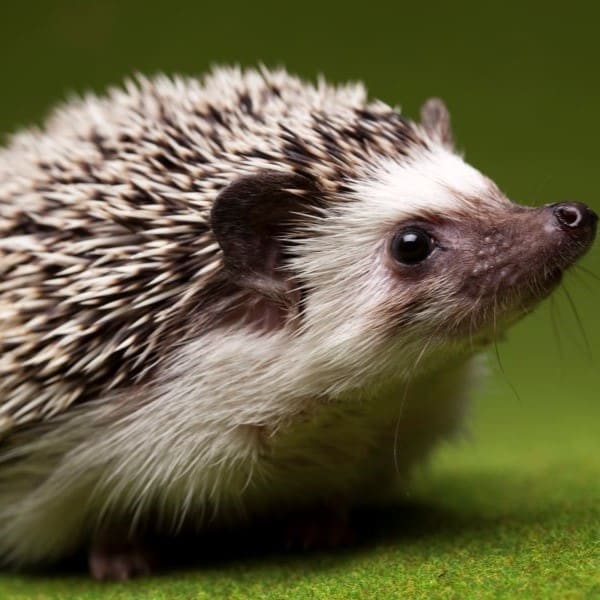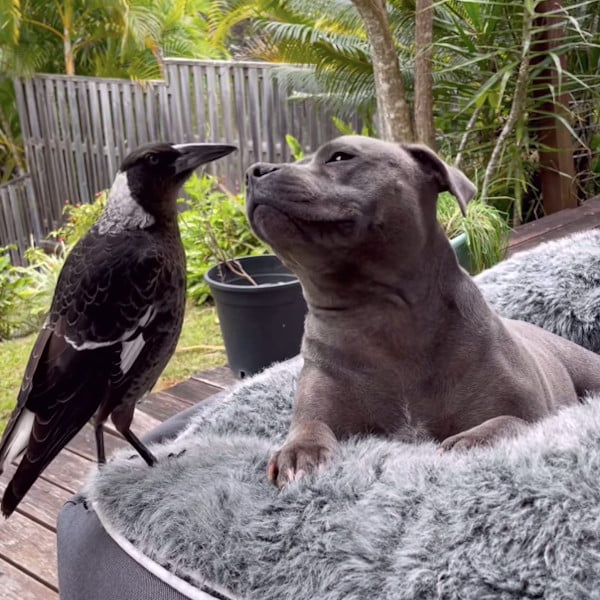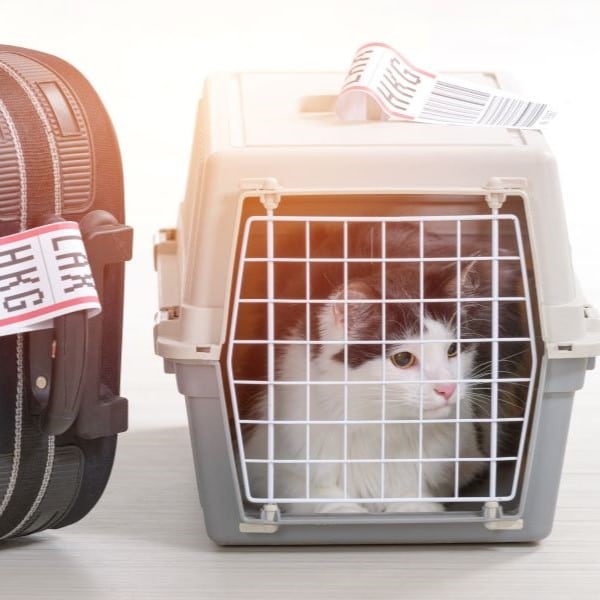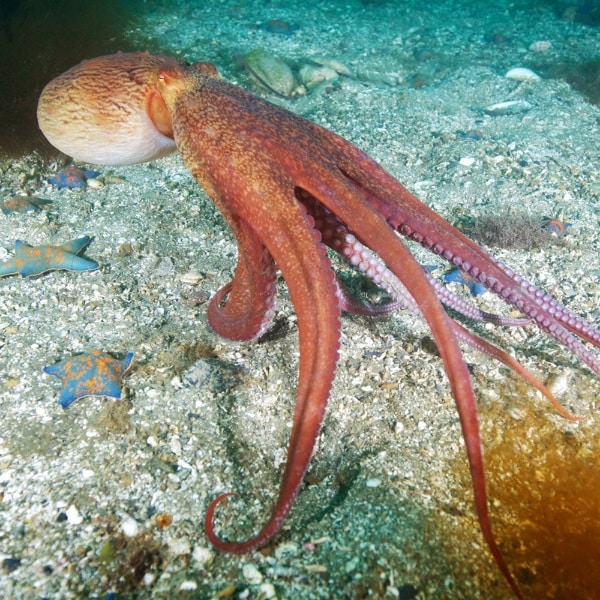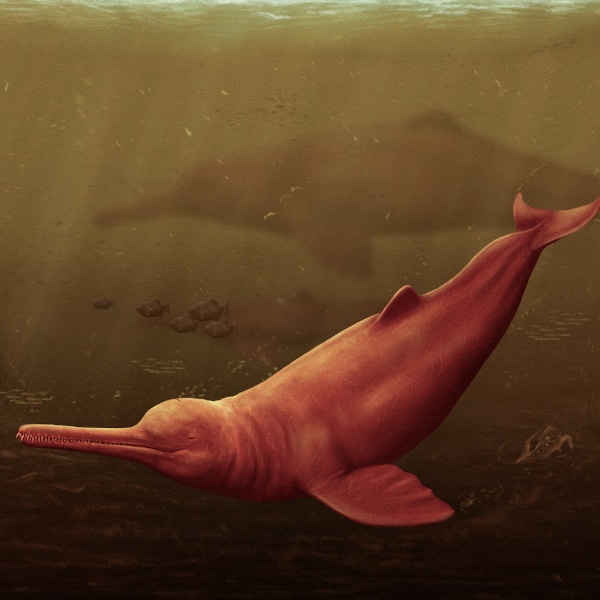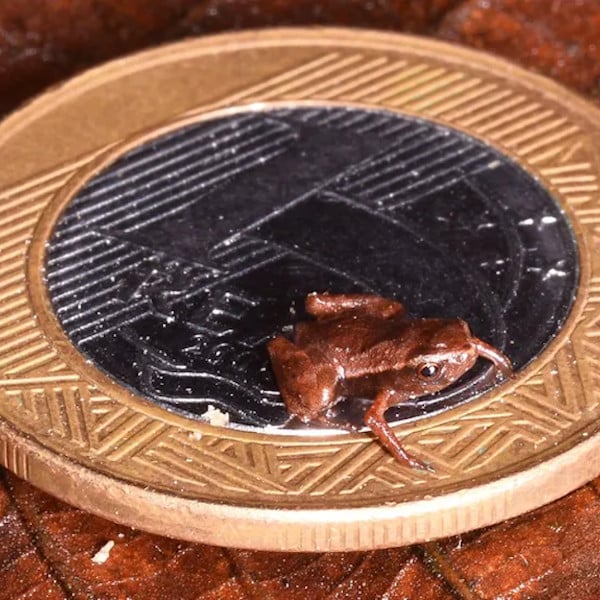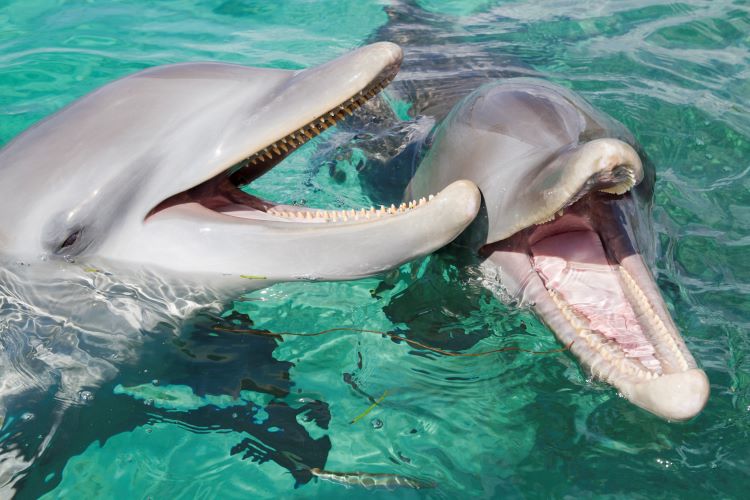
Photo: kylieellway/Depositphotos (Not a photo of the actual dolphins.)
Only a handful of mammals possess the “seventh sense” of detecting electrical fields. For years, this list has been solely limited to the platypus and the echidna. However, a recent study has found that the bottlenose dolphin is also capable of sensing these electric fields.
The study was conducted with two bottlenose dolphins from Nuremberg Zoo in Germany named Dolly and Donna. The animals were instructed to rest their jaws on platforms and swim away anytime they experienced a sensory cue, which included sounds, flashes of lights, and, once the dolphins were trained, electric signals. Incredibly, the pair of dolphins responded correctly on the first trial, indicating a great level of electric sensitivity—or electroreception.
Sharks, who are similar aquatic predators to dolphins, have been using electroreception to hunt their prey for centuries. However, since dolphins also use echolocation to hunt, it is unclear why they also possess this sensitivity. It is possible that it helps them sense prey on the seafloor, as fish produce small electrical fields through the movement of their gills.
Bottlenose dolphins also have a more varied diet than other species of dolphin and have been known to access fish caught in traps without getting stuck themselves. It is possible that as the rest of their senses have improved over generations, so have their electroreceptive capabilities.
A recent study found that bottlenose dolphins are one of the few mammals that can sense electric fields. This likely helps them to detect prey on the seafloor.
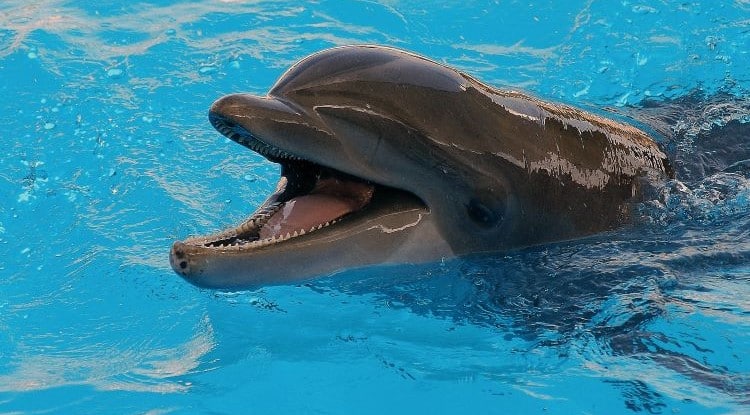
Photo: PantherMediaSeller/Depositphotos (Not a photo of the actual dolphin.)
h/t: [IFL Science]
Related Articles:
Rare Photo of an Amazon River Dolphin Wins Underwater Photographer of the Year
Dolphins Alert Rescue Crew To Save a Lost Swimmer Who Was Stranded at Sea for 12 Hours
Scientists Find That Dolphins Use Baby Talk With Their Calves
Dolphins Bring Gifts to Humans After Missing Them During the Early Pandemic













































































